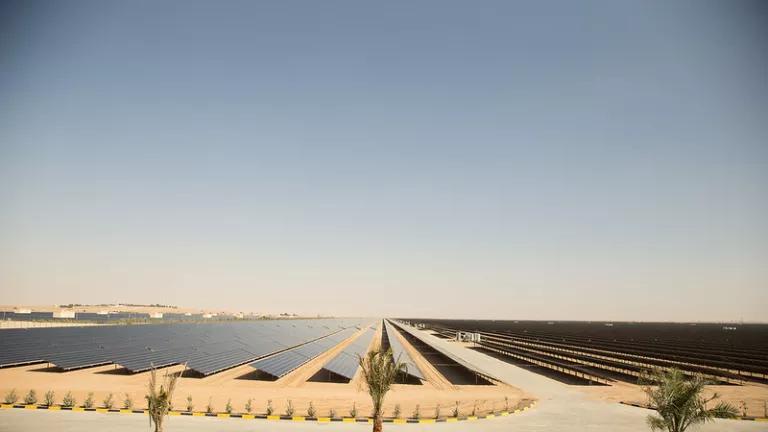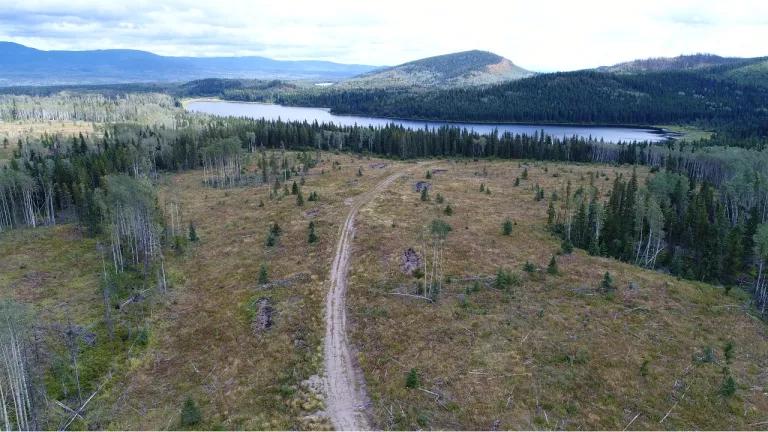Report: Leading Approach to BECCS Worsens Climate Change
Adding to serious scientific concerns about the impacts of BECCS on public health, water and wildlife new research indicates that the UK’s current approach to BECCS won’t deliver promised climate benefits, and, perversely, will make climate change worse.
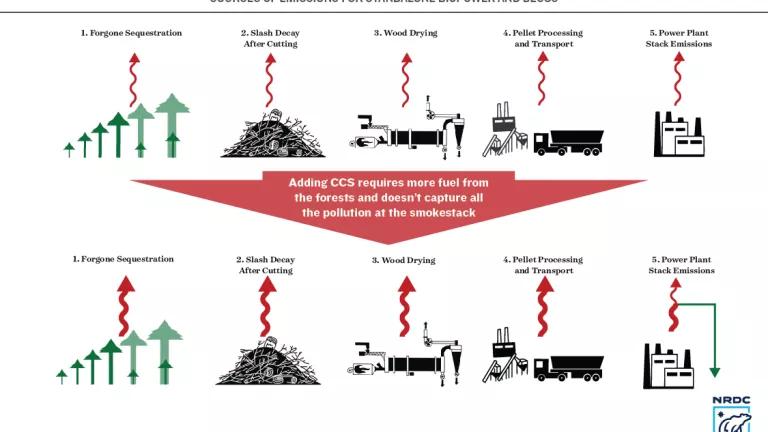
A new Parliamentary inquiry will probe inflated claims about the role that bioenergy with carbon capture and storage (BECCS) can play in the UK’s climate plan. This inquiry couldn’t be timelier, as the UK Government appears to be doubling down on the unproven technology despite mounting controversy about the environmental impacts of largescale biomass-burning for energy. Adding to serious scientific concerns about the impacts of BECCS on public health, water and wildlife new research indicates that the UK’s current approach to BECCS won’t deliver promised climate benefits, and, perversely, will make climate change worse. The ground-breaking findings suggest this approach should be treated as extremely high-risk for people and planet.
What Is BECCS?
The basic premise of BECCS is that adding carbon capture and storage (CCS) technology to a biopower plant will create a ‘carbon negative’ power station (i.e., resulting in a net removal of CO2 from the atmosphere). ‘Carbon negative’ power generation would help to offset emissions from hard-to-decarbonize sectors and deliver the Government’s commitment to zeroing out net economy-wide emissions by midcentury.
The claim that BECCS is inherently carbon negative is based on the erroneous notion that bioenergy on its own is ‘carbon neutral.’ Scientists are clear that this simplistic picture of bioenergy and BECCS is flawed. In particular, biopower generated from forest biomass without carbon capture is rarely carbon neutral.
What the New Analysis on BECCS Says
The process of burning wood to generate electricity at large scale starts long before the smokestack. Producing the fuel requires cutting down trees, transporting them, drying the wood, turning it into pellets, and transporting the pellets. Only then can it be burned in a power plant. In addition, because old trees store more carbon than young growth, harvesting wood leads to “forgone sequestration,” the carbon storage that would have occurred over time in the uncut forest but never materializes, even when accounting for regrowth of the new forest. None of these emissions can be captured with CCS.
Now, a new analysis by NRDC disaggregates and quantifies all sources of lifecycle emissions in a BECCS scenario representative of the most common supply chain for UK biomass electricity: pellets made of wood from pine plantations in the southeastern U.S. The results reveal that a large fraction of the lifecycle CO2 emissions occur offsite—away from the biomass power station—and are thus uncapturable by the addition of CCS at the smokestack. These offsite and uncapturable emissions equal approximately 60% of the stack emissions at the plant. Far from being carbon negative, the analysis indicates that employing BECCS at a power station like Drax, while relying on the biomass supply chains that dominate Drax’s fuel supplies today, is responsible for roughly 80% as much carbon as a coal plant per Megawatt-hour (MWh), even after accounting for subsequent forest regrowth and on-site carbon capture at the power plant.
Adding CCS to a power plant requires additional energy to operate—and ultimately no CCS technology captures all of the CO2 at the smokestack. The analysis also accounts for these emissions.
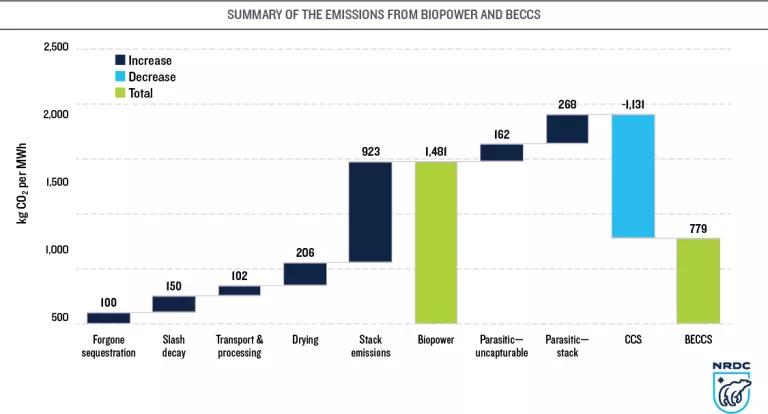
And there is little reason to think the UK’s supply chain is about to change. Drax is investing hundreds of millions to lock in its biomass import supply, making the company not only the world’s largest wood-burning power station, but a top pellet manufacturer with interests in expanding markets for its pellets.
To date, the environmental track record of Drax’s and the UK’s biomass imports is abysmal. Roughly 80% of the more than 7 million metric tonnes of wood pellets Drax burns each year come from North America, with over two-thirds from the U.S. South. Of its North American pellet imports, over half are made from whole, standing trees harvested directly from forests. Just like fossil fuels, when this type of biomass is burned for electricity, massive amounts of CO2 enter the atmosphere, making the climate crisis worse.

Further, much of the wood burned for electricity in the UK is cut down and shipped in from ecologically sensitive forests overseas, destroying habitats and endangering wildlife. And unlike solar and wind, large-scale wood-burning for power emits dangerous air pollution that causes an array of health harms. Wood pellet mills likewise release unsafe air pollution, at times at levels that violate plant permits and U.S. law and are overwhelmingly cited in low-income communities and communities of color. Drax has been cited multiple times for serious air quality breaches at its U.S. pellet mills, most recently in February.
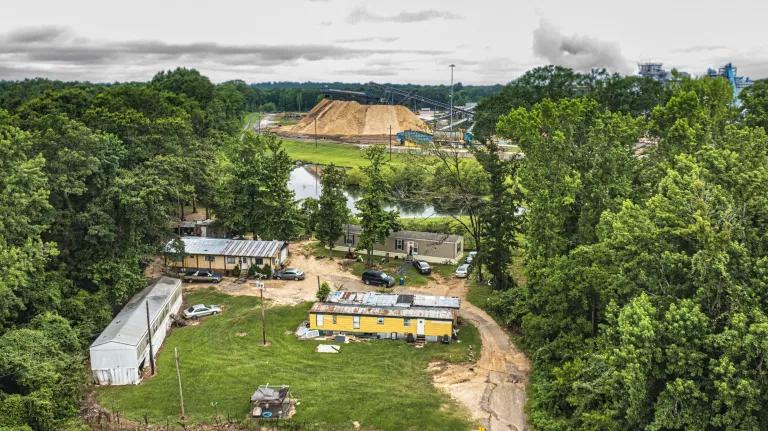
The UK Subsidizes the Biomass Industry
Nevertheless, UK billpayers continue to provide over £1 billion per year in subsidies to Drax and other large biomass power plants, which generate nearly one-third of what the Government classes as renewable energy. And despite the evidence, the UK Government continues to bury its head in the sand. It’s policy of maintaining billions in subsidies for large biopower stations until at least 2027 appears explicitly driven by the desire for them to remain available long enough so that in the period 2030-2050 CCS can be added, ostensibly making the plants a source of ‘negative emissions.’ Indeed there is little daylight between the biomass industry’s agenda and that of UK officials, even as Drax lobbies the Government to approve large new subsidies for BECCS.
Climate think tank Ember estimates that BECCS at Drax will require £31.7 billion in new subsidies. Such large government subsidies should guarantee large climate benefits. Yet, the UK Government’s big bet on BECCS appears alarmingly ahead of its understanding of the potential risks.
What Should Be Next?
The UK government should immediately end billions in subsidies for large biomass power plants and reinvest the savings in wind, solar and other real climate solutions. The UK Government must also avoid approving large new subsidies for BECCS at Drax.
